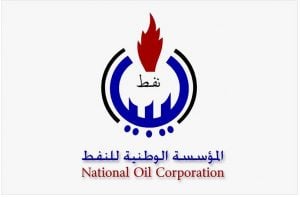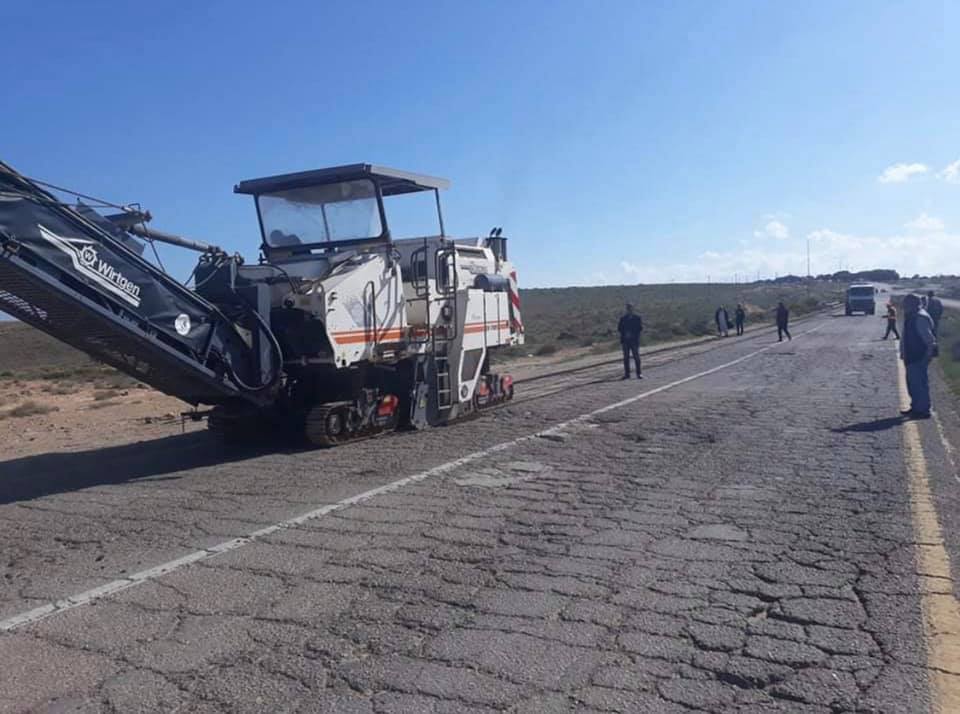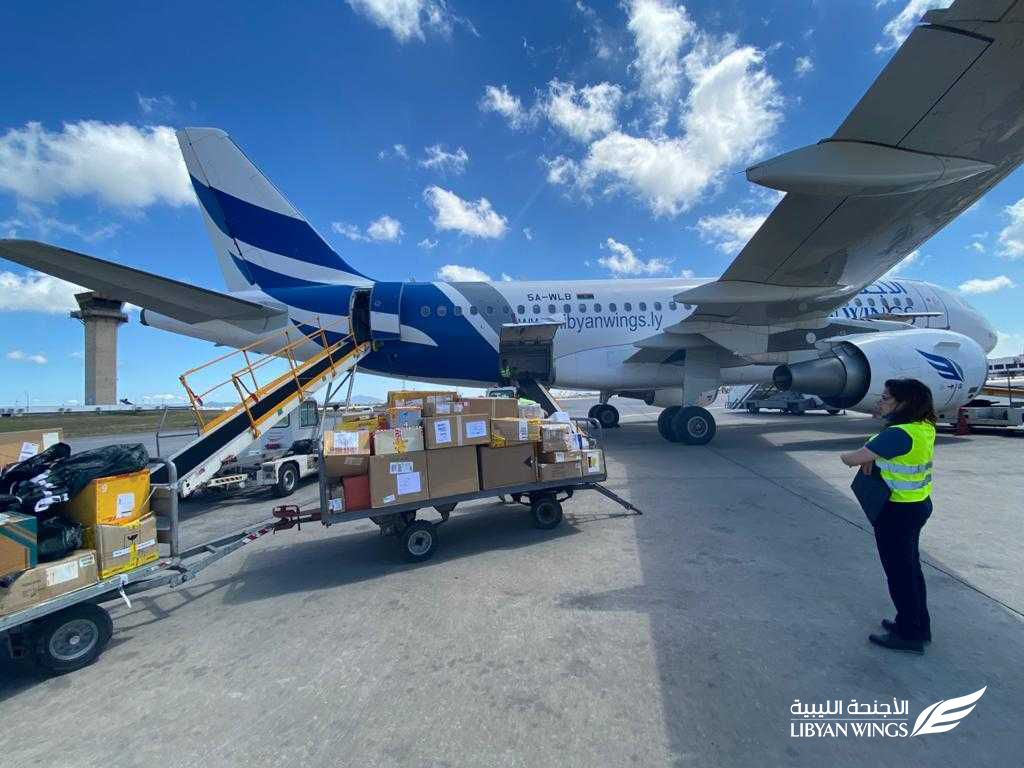By Sami Zaptia.

London, 24 July 2020:
Libya’s state National Oil Corporation (NOC) announced yesterday that its chairman, Mustafa Sanalla, discussed Libya’s oil blockade, including the presence of foreign mercenaries at its oil installations, with UAE Energy Minister Suhail al-Mazroui.
During the discussion that took place yesterday, the NOC reported that Sanalla re-emphasized the NOC’s neutrality. He also re-emphasized the NOC’s unswerving commitment to the Libyan national interest, to lifting the blockade as soon as possible, as well as its hope that a military escalation in the Gulf of Sirte might be avoided.
Analysis
NOC chairman Sanalla has always attempted to project his and the NOC’s role as a neutral technocratic one.
However, the fact that Libya’s NOC chairman is discussing the presence of foreign mercenaries on Libyan soil, the country’s ‘‘national interest’’, lifting the political blockade and military escalation -with another Energy Minister – is in itself revealing of where Libya is today.
On the one hand, it shows the weakness of Libyan sovereignty, the Libyan state and its institutions and its vulnerability to outside interference – since the 2011 overthrow of the Qaddafi regime.
Sanalla also fails – or chooses not to – understand that oil is very much political. He insists that Libya’s oil not be used as leverage and a bargaining tool in its internal political wheeling and dealing.
He also insists that his NOC be allowed to pump and export oil – while the politicians sort out how its revenue is distributed.
The problem is that in Libya, all its political stakeholders and entities suffer a degree of contestable legitimacy.
The government in Tripoli (GNA) says it is the only internationally recognized Libyan government. The parliament in Tobruk (the House of Representatives – HOR) says it is the only internationally recognized Libyan parliament. Technically, both are correct.
The UN-brokered Libyan Political Agreement (LPA), signed in Skhirat, Morocco in 2015, was supposed to lead to a Government of National Accord (GNA) in the short term until a constitution was drafted and passed by parliament and elections were held.
None happened. Parliament refused to approve the Faiez Serraj government of accord. The five-person Presidency Council is supposed to operate consensually. It does not. They accuse Serraj of acting unilaterally and contest his unilateral decisions and decrees. Meanwhile, Libya remains in limbo with interim/temporary governments and parliaments of limited, contestable, and ever-decreasing legitimacy as the days pass by.
Add to this lack of legitimacy and effectiveness by Libya’s political institutions huge foreign interference in its affairs. From financial and intelligence support, to drone support, to fighter planes, weapons and mercenaries – and maybe troops – foreign interference in Libya has been pouring into both sides.
With no monopoly on the use of force or political mandate to provide a more reasonably accepted degree of political legitimacy, who defines what is Libya’s ‘‘national interest’’ beyond Sanalla’s technocratic interpretation – is also contestable.
Sanalla is forced into raising such non-oil related matters with UAE’s Energy Minister because the UAE is considered, to varying degrees, as the main supporter of the Khalifa Hafter forces, the eastern-based Libyan parliament and its head Ageela Saleh.
Sanalla is hoping that his ‘‘technocratic’’ counterpart may appreciate his point of view. However, why would it be in the UAE’s interest to have Libya’s oil production – more oil – on the current world markets – is not clear. Matters of oil are very much political – as well as technocratic.









